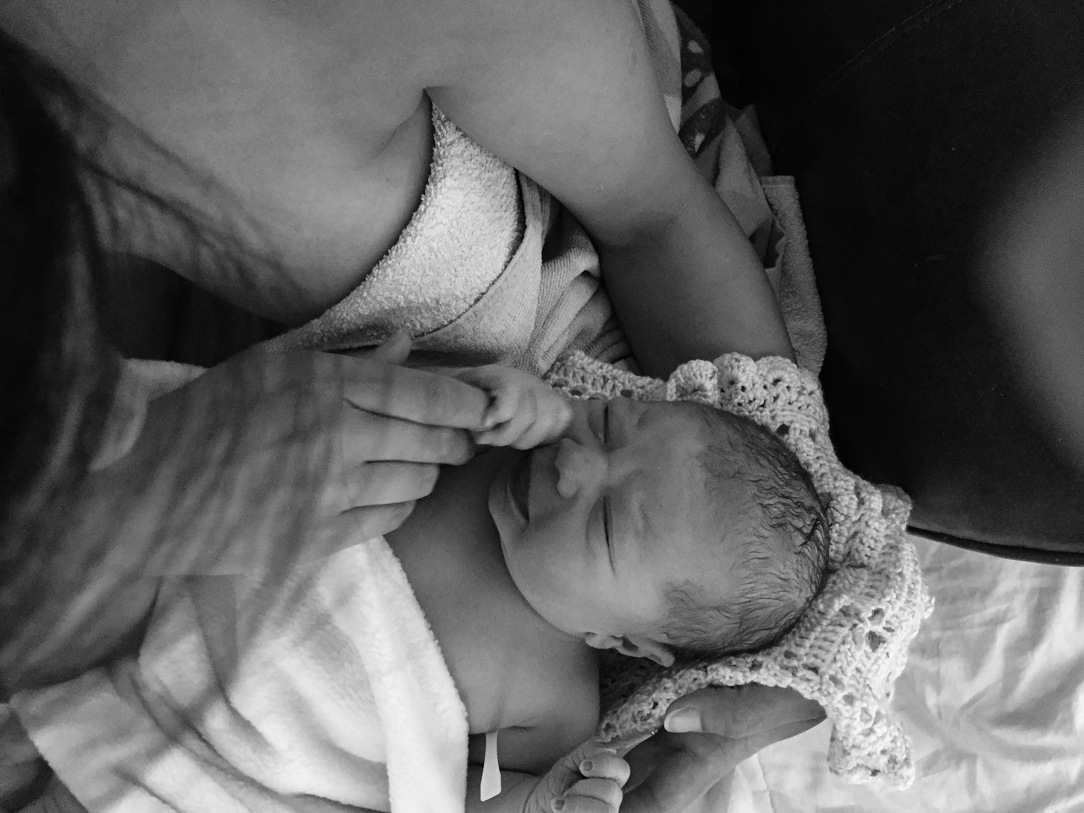There, I said it. Yes me, the woman who grows her own veg, who cleans with vinegar, who used cloth nappies and who uses reusable menstrual products. Despite my own efforts to live as "green" as we can, I'm telling you now: reusables are not the solution to period poverty.
I keep seeing this said time and time again when the subject of period poverty is discussed: "why not just give them all a menstrual cup or washable pads?"
I get it, I really do.
When I first started volunteering with The Red Box Project, an organisation tackling period poverty in schools, I thought exactly the same thing. I thought I was really clever! I'd just get loads of mooncups and BOOM, problem solved! And it will be better for the environment! Why hadn't they already thought of this?! I wondered.
I soon learnt that, actually, they had thought of this. They'd thought long and hard and had done their research. And they had realised this was not a great idea at all, and while it came from a place of good intentions, it also came from a place of privilege. Privilege that I hadn't been able to see past.
It's not just about the cost
Sure, giving a child reusable pads and menstrual cups means that they wont have to buy menstrual products every month. But we are talking about poverty here. It's not just the cost of the sanitary protection. If a family is struggling so much that they're faced with the choice of buying a loaf of bread or buying their teenager some tampons, then what else are these families struggling to pay for?
We've come to learn that often these families don't have access to laundry facilities, they may be living in chaos and may not have as much parental guidance as you or I would expect. So how would this young girl wash her cloth sanitary pads if she hasn't got a washing machine? Cups are great, but they need to be sterilised between use. Once you've figured out which cup is right for you that is... It's easy enough for you and I to boil a kettle but for a family living on the breadline perhaps they need to save that last bit of electricity to keep warm or feed the kids or whatever other choices they have to make.
It's about dignity
And do you know what, I just don't think we should be putting pressure on the poorest and most deprived members on society to be leading the way in using reusables. They're ostracized enough because they come from a disadvantaged background, without being made to use unfamiliar products or ones different to what their peers are using. And don't forget that schools have communal washing facilities; I certainly wouldnt want to wash my cup out in front of an audience as a 37-year old woman, let alone as a pre-teen or teenage girl.
The eco-factor
And yes, I know they're better for the environment, but chances are the families that these children come from are already living a far more sustainable lifestyle than most. Sharing bedrooms, using energy efficiently, probably not jetting off on holiday or driving thirsty cars. I think that more than offsets the eco-impact of using disposable menstrual products.
It's about choice
And even if it doesn't, well I'll be damned if I'm ever going to tell another human being what they should or shouldn't be using in or on their genitals. Just because they're poor, doesn't mean they don't deserve to have the same choices as everyone else. Especially when those choices mean the difference between getting an education or not.









